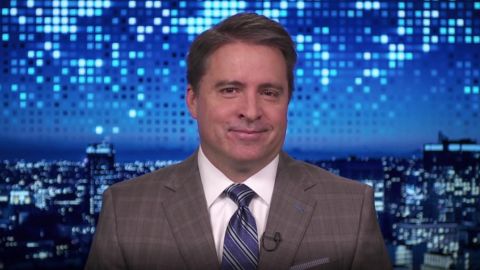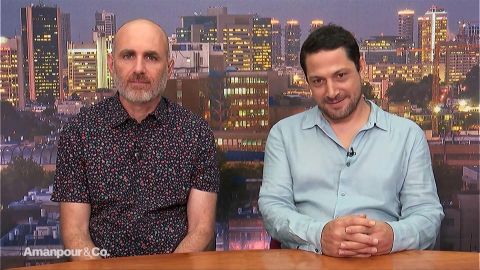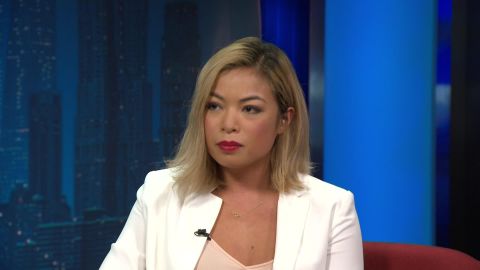Read Transcript EXPAND
CHRISTIANE AMANPOUR: So, this is at the point where everybody hopes in Israel that they will come back. Just describe that tension before the 18 days in which they found and, in fact, they had been killed.
JOSEPH CEDAR, CO-DIRECTOR, “OUR BOYS”: Something about the age of these boys, 16-year-olds, right at the beginning of their life hitching a ride home from their high school. And the way their parents were able to communicate their — you know, the stories of their children but also, the way they communicated their grief created something that, as an Israeli, I don’t remember seeing. Just — like the whole country came together around this real hope that they’ll come home alive, when it’s disappointed. The hope disappears and that solidarity turns into something that isn’t positive. That’s — I think that’s a sentiment that we try to understand.
AMANPOUR: Well, and that becomes incredibly and violently obvious, Tawfik, when you have these boys found dead and the retribution that happens against the Palestinian boy also 16 years old. So, here is that moment where the Palestinian father is desperately looking for now his boy who has gone missing.
(BEGIN VIDEO CLIP)
UNIDENTIFIED FEMALE: Police Department. Brit speaking.
UNIDENTIFIED MALE: Good morning. Listen, settlers took a boy from outside my shop. It could be my son.
UNIDENTIFIED FEMALE: Please hold.
(END VIDEO CLIP)
AMANPOUR: Tawfik, do you remember, from your perspective as a Palestinian, the tension in the real-life situation? What were you, along with Joseph and your other filmmakers trying to portray in this series?
TAWFIK ABU-WAEL, CO-DIRECTOR, “OUR BOYS”: You know, this series has various points of view. It’s trying to tell what happened in 2014, you know, from Israeli point of view and from a Palestinian point of view through the killing of Mohammed Abu Khdeir. A young boy, 16 years old, who was taken in front of his house, beaten and been alive in the forest. It’s one story, you know, that I have the opportunity to tell in this series, you know, to tell a Palestinian tragedy because nobody would believe that Jewish could — can kid a boy and burn him. And it was so intensive, you know, to tell this story and —
About This Episode EXPAND
Robert P. Jones and Christiane Amanpour speak about the role of white evangelical voters in the 2020 election. Joseph Cedar and Tawfik Abu-Wael join the program to discuss the film “Our Boys.” Jia Tolentino sits down with Alicia Menendez to explain why the internet is “an engine of self-delusion.”
LEARN MORE


